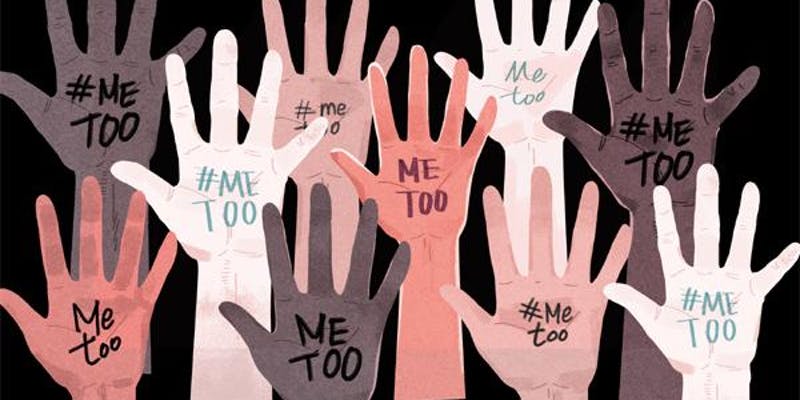Call for Papers: Postgraduate conference and workshop: After #metoo: where next?

On Monday 23rd July 2018, CIGS and FLAG will be hosting a conference and workshop exploring academic and practitioner responses to the #metoo campaign.
We welcome presenters and attendees from across disciplines as well as from the social sector. The event is open to PhD students, Masters students and practitioners.
Call for Papers
The #metoo campaign has facilitated the emergence of a renewed public narrative around violence against women and girls (VAWG), which has led to the widespread public disclosure of women’s experiences of a sexual harassment and abuse. Will this make any tangible or lasting difference to women and girls’ experience of violence (in all its forms)? Does public discourse reflect the experiences of women who are more marginalised or less privileged, particularly given that the campaign’s founder, Tarana Burke, has largely been unacknowledged and obscured in this debate?
The UK government’s current VAWG strategy (2016-2020) outlines the strategic aim of “making VAWG everyone’s business”, with specific reference to the engagement of “men, boys and bystanders” to challenge VAWG and “further social change” (Home Office, 2016). Policies implemented under welfare reform are however severely at odds with this and the stories we tell about women’s experiences remain stubbornly focused on victim-survivors rather than perpetrators. To what extent can policy and dominant discourse be reworked so that violence against women is genuinely regarded as a social problem for which there is a shared, collective responsibility to address?
Building upon the discussions from the first Violence Symposium event on May 8th, and set against this backdrop, we are looking for submissions across the following themes, and beyond:
- Past and present celebrity narratives of domestic and/or sexual violence and harassment (Saville, Weinstein, Spacey etc.)
- Victim-survivor resilience and resourcefulness
- Acts of victim-survivor public self-disclosure
- Public narratives and responses around domestic/sexual violence and harassment
- Notions of authentic ‘victimhood’; considering “othered” women’s experiences of violence such as women engaged in sex work, women with substance use issues and trans women.
- LBGTQ+ victim-survivors’ experiences of domestic and sexual violence
- Post-colonial and racialized narratives of abuse and violence in the current climate
- Class and notions of (women’s) respectability
- Trauma, resilience and resistance at different stages of the life-course including, childhood experiences and older women’s experiences of trauma and domestic/sexual abuse
- Feminist thought and political activism in relation to the #metoo campaign
- Reflections on the government’s current VAWG strategy
- Policy responses in the context of austerity and welfare reform measures
- Power and privilege in institutional settings, including higher education environments
- Bystander initiatives and approaches to combat domestic and sexual violence on campus
- Use of technology and social media as a tool for bringing about ‘real’ social change (?)
- Exploring counter narratives to the #metoo campaign
- Men speaking up against men’s violence towards women; notions of ‘allyship’ and coalition building
- Domestic and sexual violence and abuse prevention approaches.
This is not an exhaustive list and submissions are not limited to the above. Papers on other issues related to these broad themes are welcome. We welcome submissions from PhD students, Masters students and practitioners with relevant research or work experience. Please send 250 word abstract submissions to Jessica Wild j.l.wild@leeds.ac.uk and Mary Robson ss09memr@leeds.ac.uk by Friday 15th June 2018. If you have any queries or concerns please feel free to contact us. Notification of acceptance will be sent out by Friday 22nd June 2018.
For tickets, please go to the Eventbrite page: https://www.eventbrite.com/e/after-metoo-where-next-tickets-46188906262.
